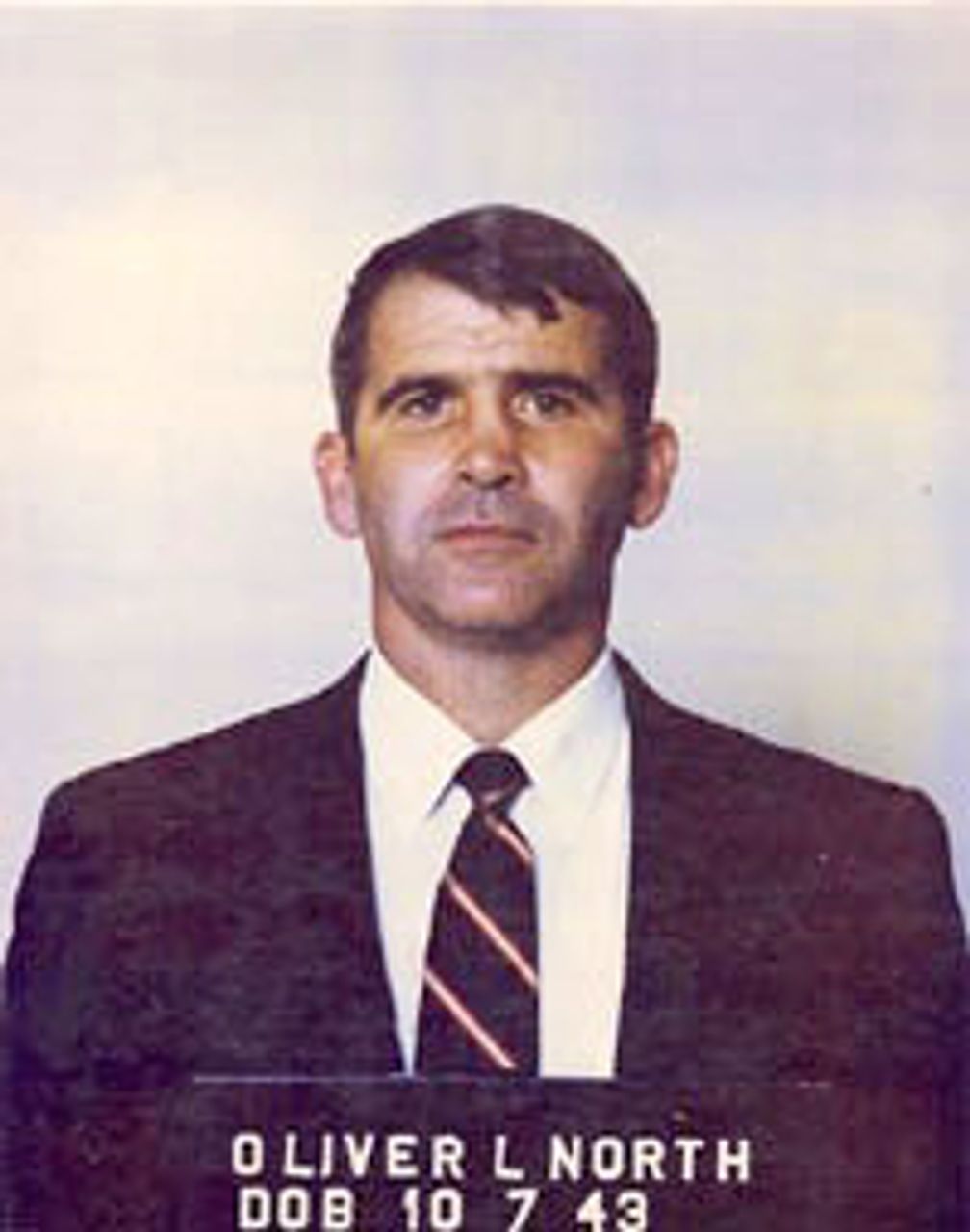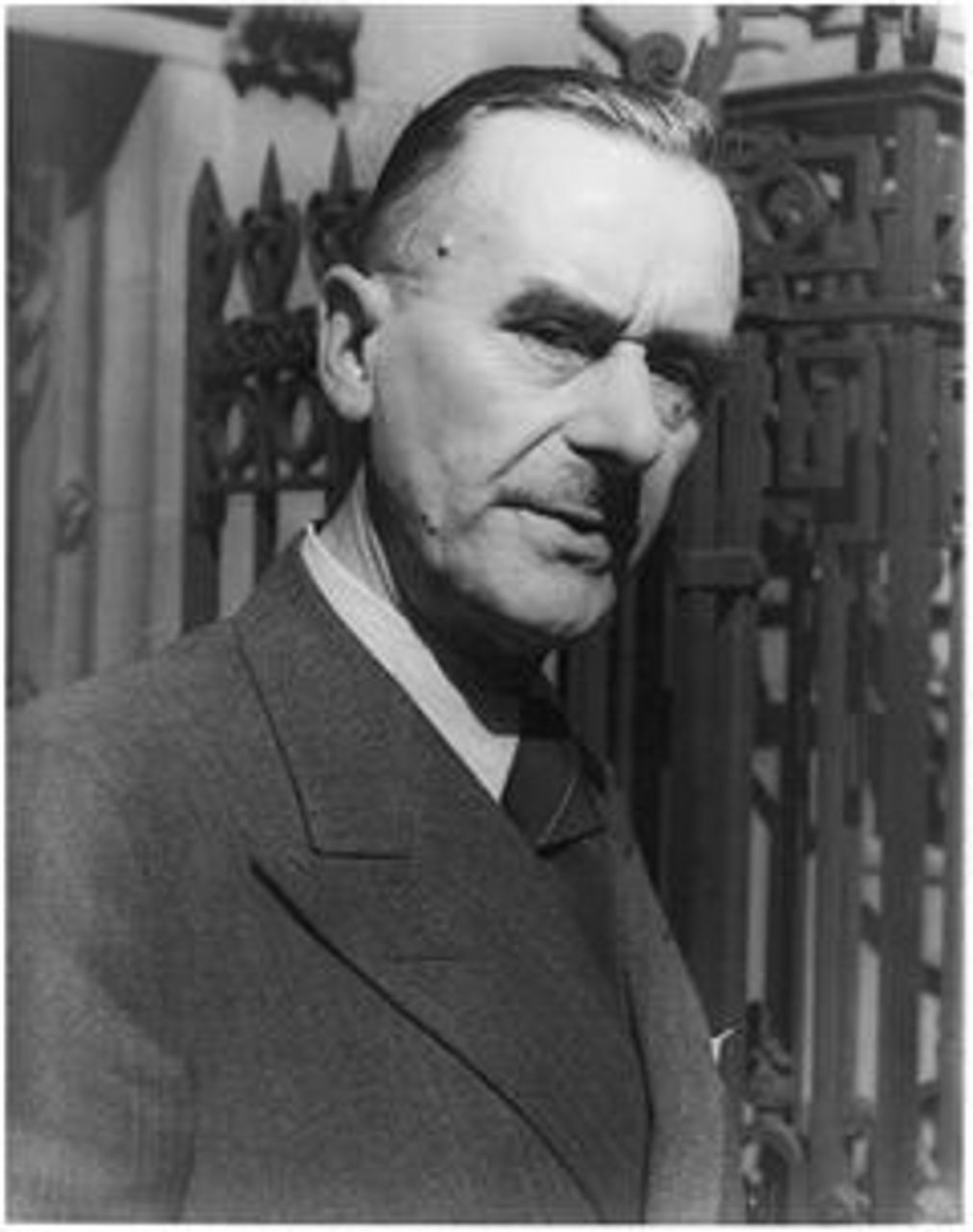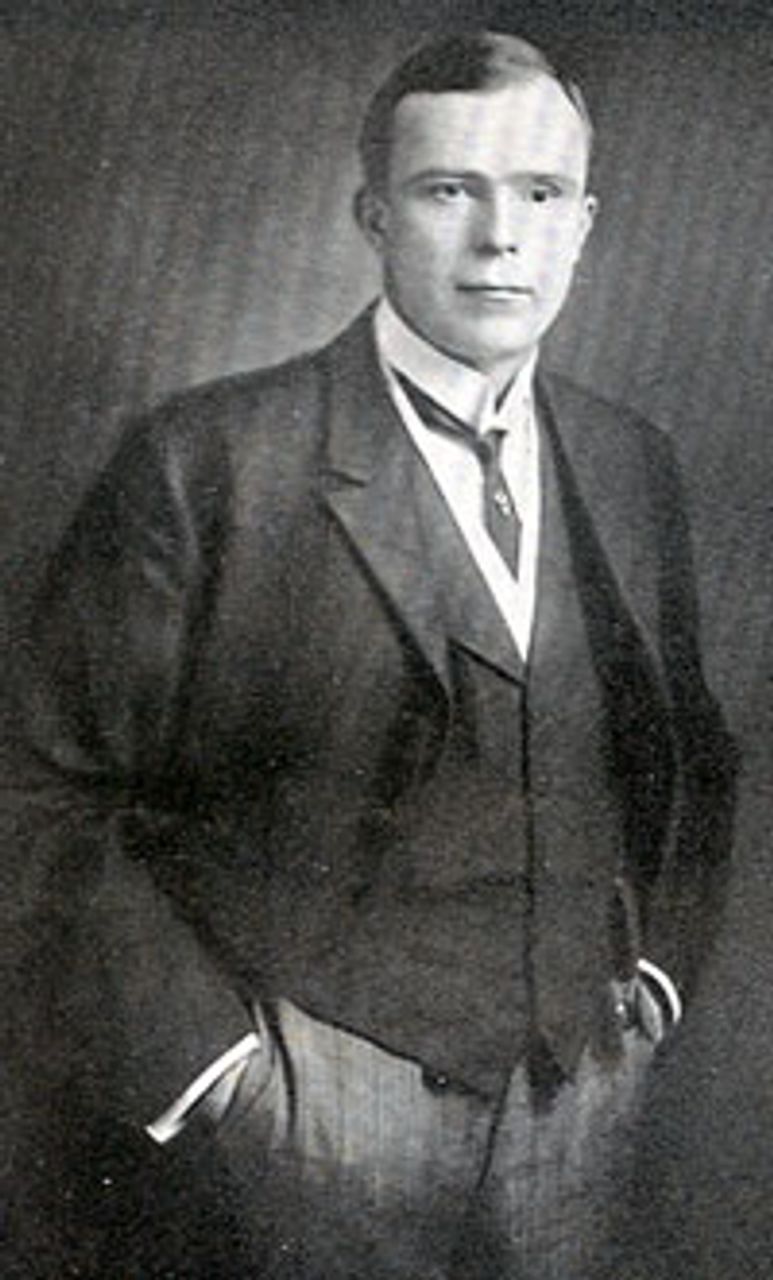This Week in History provides brief synopses of important historical events whose anniversaries fall this week.
25 Years Ago | 50 Years Ago | 75 Years Ago | 100 Years Ago
25 years ago: Closed-door US Senate hearings in Iran-Contra affair
 Oliver North's mug shot
Oliver North's mug shotClosed door US Intelligence Committee hearings into the Iran-Contra scandal began this week in 1986. The testimony of Reagan administration officials implicated in the illegal arms and money laundering operation, including National Security Council (NSC) head John Poindexter and his subordinate, Marine Lt. Colonel Oliver North, was kept secret from the American public.
Other Congressional hearings would follow, but delays in their formation as well as in the appointment of an independent counsel investigation allowed the Reagan administration crucial time to deepen its cover-up. According to informants in the Federal Bureau of Investigation (FBI), North and Poindexter had access to their offices until December 2, weeks after their resignations—time they used to destroy “sack loads” of documents in the words of one account.
New information continued to come to light, including that planeloads of supposed “humanitarian” aid delivered to the Contra death squads were unloaded in Honduras and reloaded with weapons purchased with Iranian funds. “If we contract an airplane and crew it does not make us responsible for other work they might do while in Central America,” commented Elliott Abrams, Assistant Secretary of State for Inter-American affairs. In fact, the planes were also being used to channel cocaine into the US—another source of funding for the Contras—with the full knowledge of the Reagan administration. This trade helped fuel the crack cocaine epidemic in Los Angeles and other American cities.
Reagan’s approval rating fell from 61 percent a month earlier to 46 percent during the week, the sharpest-ever one month decline in presidential polls going back to 1936, according to data gathered by CBS News and the New York Times. A majority of Americans believed the administration was covering up the operation, and that Reagan had personal knowledge of it.
50 years ago: Kennedy orders operations Mongoose, Ranch Hand
 Planes in Operation Ranch Hand
Planes in Operation Ranch HandThis week in 1961, US President John F. Kennedy issued two secret orders that each deepened the crisis of the post-World War II order and the decline of American democracy.
On November 30, 1961, Kennedy signed the order authorizing Operation Mongoose, which aimed to topple the regime of Fidel Castro in Cuba, which had come to power two years earlier after supplanting US puppet Fulgencio Batista.
Personally run by Kennedy’s brother, Attorney General Robert F. Kennedy, Mongoose recruited a host of shady characters to its ranks, including CIA counterinsurgency experts, extreme-right wing military officers, Green Beret Special Forces, and elements of the Mafia. Robert Kennedy’s office served as the nerve center for the operation, which, among other criminal activities, launched numerous acts of sabotage against Cuban industry and agriculture and failed assassination attempts against Castro.
On December 4, 1961, Kennedy significantly deepened US involvement in Vietnam by launching Operation Ranch Hand. It ordered airplanes to dump chemical defoliant on South Vietnam in an effort to destroy the jungles where the National Liberation Front rebels supposedly hid. Over the ensuing decade, tens of millions of gallons of the highly toxic defoliants, including the notorious Agent Orange, would be used. This later led to horrific cancers among both Vietnamese and US soldiers, deformities among their children, and anongoing environmental catastrophe for Southeast Asia.
75 years ago: Nazis strip Thomas Mann of German citizenship
 Thomas Mann in 1937
Thomas Mann in 1937On December 4, 1936, the Nazis revoked the citizenship and seized the property of 39 prominent German citizens, among them author and dissident Thomas Mann. Under a law drawn up by the fascists to silence and intimidate political opposition, the German state could revoke a person’s citizenship simply for “injuring the German reputation by a lack of loyalty to the German Reich and its people.” A further 54 relatives of these 39 figures also had their citizenship stripped.
Winner of the 1929 Nobel Prize for literature, Thomas Mann was the most high profile victim, but he was not alone. Others who suffered the same fate included Willhelm Sollmann, Social Democratic minister of the interior in Stresemann’s Weimar cabinet of 1923. As the German representative on the Inter-Parliamentary Paris Conference of 1927, Sollmann requested a multilateral reduction of European armaments. Sollmann was lucky to escape with his life after being assaulted by SS Storm-troopers and subsequently held hostage and tortured.
Dr. Rudolph Olden also had his citizenship revoked. He had previously been a lawyer and journalist for the Berliner Tageblatt. Olden was a vocal opponent of fascism whose journalism helped alert the European public to the fate of German Jewry after 1933. He was the author of the book Hitler the Conqueror: Debunking the Myth, which was banned by the Nazi regime.
Thomas Mann had lived elsewhere in Europe since Hitler’s rise to power. His wife Katja and four of his children including Golo and Klaus, both writers, and Erika, a writer and actress, had previously been denied their German nationality. Thomas’s elder brother, the author Heinrich, had his German citizenship revoked a couple of years earlier. Both Mann brothers, along with socialists and intellectuals like Albert Einstein, Upton Sinclair, Sigmund Freud and HG Wells, had their publications denounced as “degenerate art” and publicly burned by the Nazis. Heinrich Heine, whose poetry was also banned, warned “Where they burn books, they will ultimately burn people.”
100 years ago: Russia issues ultimatum to Persia
 Morgan Shuster
Morgan ShusterOn November 29, 1911, Russia issued an ultimatum demanding that Persia (modern-day Iran) deport American financial adviser Morgan Shuster within 48 hours or face an invasion of Tehran. It was also demanded that foreign nationals were not to be employed without the consent of Russia and Britain. The ultimatum was part of ongoing tensions with Russia and Britain, which were seeking to block any assertion of independence by the Persian parliament.
In 1907, the UK and Russia had signed an agreement that divided Persia into spheres of influence—Russian in the north, British in the south and a “neutral buffer zone” between them. Russia's zone covered the most heavily populated and fertile regions adjacent to the Caucasus, while the UK zone was adjacent to its Indian colonies. Britain had controlling shares in the recently established Anglo-Persian oil company.
The agreement was signed without consulting the Persian parliament, which had nominal power in the so-called neutral zone. The parliament was established following the revolutionary upheavals of 1905-06 that brought an end to the absolutist Qajar dynasty. The previous regime had virtually bankrupted Persia, taking out massive loans from Russia and Britain and granting favorable concessions to the two powers. The parliament turned to Shuster to obtain independent advice on reforming its finances.
Russia issued its first ultimatum to Persia on 11 November but it went unanswered. The Czarist Empire then severed diplomatic relations and dispatched troops to occupy Rasht, the largest port on the Persian side of the Caspian Sea. Persia also rejected Russia's second ultimatum. Britain publicly supported Russia's ultimatums, but foreign secretary Grey expressed his concerns about the destabilizing impact of Russia's military actions in diplomatic notes sent to St Petersburg. In December, as a Russian advance threatened Tehran, the Persian government acceded to Shuster's removal. He left Persia in January 1912.
